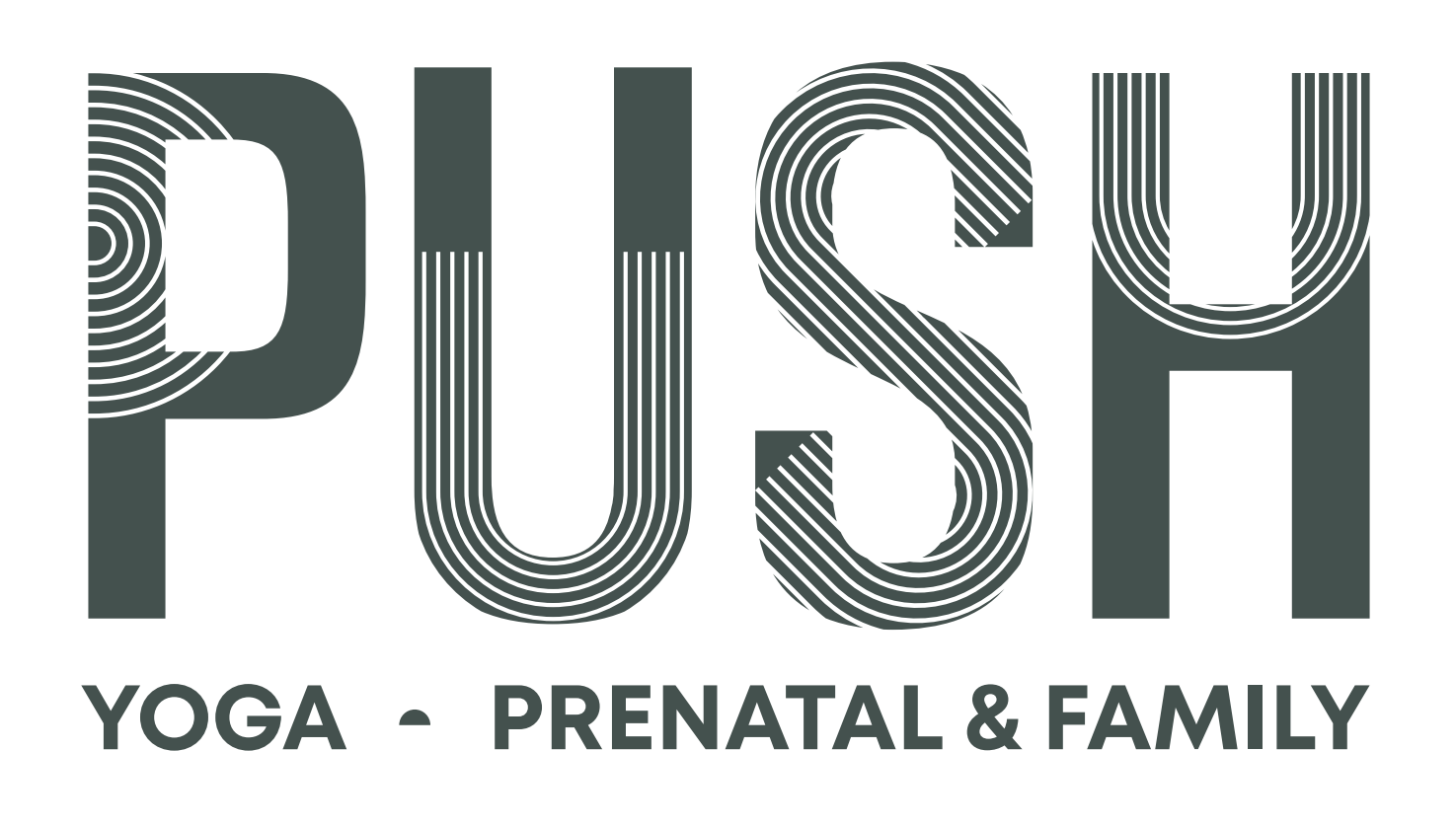Welcoming a new baby into the world is one of the most joyful experiences in life, but it can also come with challenges that new mothers may not expect. Among these challenges is postpartum depression (PPD), a condition that affects many women after childbirth. While it’s completely normal to feel overwhelmed as a new mom, it’s important to know the difference between typical baby blues and postpartum depression, which requires more attention and care.
The good news? Postpartum depression is common, and with the right support, it can be managed. In this guide, we’ll explain what postpartum depression is, how to recognize the symptoms, and the steps you can take to seek help if you or someone you know is struggling.
What Is Postpartum Depression?
Postpartum depression is a type of depression that affects women after they give birth. While many new moms experience mood swings, irritability, or sadness during the first few weeks after delivery—often referred to as the “baby blues”—postpartum depression is more intense and lasts longer. It can interfere with your ability to take care of yourself, your baby, and your family.
It’s important to note that postpartum depression doesn’t reflect on your ability to be a good mother. It’s a medical condition that can affect anyone, regardless of how much they love or care for their baby. The most important thing to know is that it’s okay to talk about it and ask for help when you need it.
How Common Is Postpartum Depression?
PPD is more common than many people realize. According to the Centers for Disease Control and Prevention (CDC), about 1 in 8 women experience postpartum depression . That means you are far from alone if you’re feeling down, anxious, or overwhelmed in the weeks and months after giving birth.
Postpartum depression can affect women from all walks of life, regardless of age, race, or socioeconomic background. While it’s more likely to occur in women who have a history of depression or anxiety, it can happen to anyone, even if you’ve never experienced mental health issues before.
What Causes Postpartum Depression?
There’s no single cause of postpartum depression. Instead, it’s believed to result from a combination of physical, emotional, and environmental factors. Some of the most common causes include:
1. Hormonal Changes
After giving birth, there’s a dramatic drop in estrogen and progesterone, the hormones that were high during pregnancy. These hormonal shifts can trigger mood changes, similar to what some women experience before their periods. Additionally, other hormones produced by the thyroid gland may also drop after childbirth, contributing to fatigue and feelings of depression.
2. Sleep Deprivation
Caring for a newborn is exhausting, and many new mothers struggle to get enough sleep. Sleep deprivation can worsen feelings of sadness, anxiety, and irritability, making it harder to cope with the demands of motherhood.
3. Emotional Adjustments
Becoming a parent is a huge life change, and it can bring up a lot of emotions—both positive and negative. Some women feel overwhelmed by the responsibilities of caring for a newborn, while others may struggle with feelings of loss or guilt about how their life has changed. These emotions can make new moms more vulnerable to postpartum depression.
4. Lack of Support
Having a strong support system is crucial during the postpartum period. New mothers who feel isolated, unsupported by their partner, or who don’t have family and friends to lean on may be at higher risk for postpartum depression. It’s important to have people around you who can help with both practical and emotional support during this time.
5. History of Depression or Anxiety
If you’ve struggled with depression or anxiety in the past, you may be more likely to experience postpartum depression. It’s important to let your doctor know about any history of mental health issues so they can help you monitor your mental health closely after giving birth.
Signs and Symptoms of Postpartum Depression
Postpartum depression can look different for everyone, but there are some common symptoms to be aware of. If you’re experiencing any of the following, it might be time to talk to a healthcare professional:
- Persistent sadness or feelings of hopelessness: If you’re feeling down most of the time and can’t seem to shake it, this could be a sign of postpartum depression.
- Loss of interest in activities: You might lose interest in things you used to enjoy, including spending time with your baby.
- Difficulty bonding with your baby: Some mothers with postpartum depression feel detached from their newborns or worry that they’re not connecting with them the way they expected.
- Excessive worry or anxiety: It’s normal to worry about your baby, but constant fear or anxiety that interferes with your daily life could indicate postpartum depression or anxiety.
- Feelings of guilt or worthlessness: You may feel like you’re failing as a mother or that you’re not doing a good enough job, even when you’re giving your best effort.
- Irritability or anger: Some women with PPD feel irritable or angry, often without a clear reason.
- Changes in appetite or sleep: You might find yourself sleeping too much or too little, or losing interest in eating.
- Difficulty concentrating or making decisions: Postpartum depression can make it hard to focus, think clearly, or make even simple decisions.
- Thoughts of harming yourself or your baby: In severe cases, postpartum depression can include thoughts of self-harm or harming your baby. If you’re experiencing these thoughts, it’s important to seek help immediately.
Postpartum Anxiety and Other Related Conditions
While postpartum depression is the most well-known condition, it’s not the only mental health issue that can arise after childbirth. Postpartum anxiety, obsessive-compulsive disorder (OCD), and postpartum psychosis are other conditions that some women may experience.
- Postpartum Anxiety: This condition is characterized by excessive worrying, panic attacks, and constant fears about your baby’s safety or well-being. It’s more than just normal new-parent worry and can feel overwhelming.
- Postpartum OCD: Some mothers experience intrusive thoughts about their baby’s safety or engage in repetitive behaviors, such as constantly checking on the baby, to alleviate their anxiety.
- Postpartum Psychosis: This is a rare but serious condition that requires immediate medical attention. Women with postpartum psychosis may experience hallucinations, delusions, paranoia, or confusion. If you or someone you know is showing signs of postpartum psychosis, it’s crucial to get help right away.
How to Talk to Your Doctor About Postpartum Depression
It can be tough to talk about how you’re feeling, especially when everyone expects motherhood to be a happy time. But it’s important to remember that postpartum depression is a medical condition, just like any other illness, and there’s no shame in asking for help.
Here are some tips for starting the conversation with your healthcare provider:
- Be honest about your feelings: Tell your doctor about any symptoms you’re experiencing, even if they feel hard to talk about. You deserve to feel heard and supported.
- Ask questions: If you’re unsure whether what you’re feeling is postpartum depression, don’t be afraid to ask your doctor. They can help you understand what’s normal and what might require further attention.
- Bring a list of symptoms: If you’ve been experiencing certain feelings for a while, it can be helpful to write them down before your appointment. This can make it easier to discuss your symptoms clearly and concisely.
Treatment Options for Postpartum Depression
The good news is that postpartum depression is treatable, and there are several options available to help you feel better. Your doctor will work with you to find the best approach based on your individual needs. Common treatments for PPD include:
1. Therapy
Talking to a mental health professional, such as a therapist or counselor, can be incredibly helpful. Cognitive-behavioral therapy (CBT) and interpersonal therapy (IPT) are two types of therapy commonly used to treat postpartum depression. Therapy can help you process your emotions, develop coping strategies, and build a stronger support network. Talk with our Nurse Psychotherapist to learn more.
2. Medication
In some cases, antidepressant medication may be recommended to help manage postpartum depression. Many antidepressants are safe to take while breastfeeding, but it’s important to discuss any concerns with your doctor. Medication can be an effective way to help balance your brain’s chemistry and improve your mood.
3. Support Groups
Joining a support group for new moms can provide you with a sense of community and connection. Talking with other women who are going through similar experiences can be incredibly reassuring and help you realize that you’re not alone. Many hospitals, community centers, and online platforms offer postpartum support groups.
4. Self-Care
Taking care of yourself is essential during this time. While it may feel hard to prioritize self-care when you’re busy caring for a newborn, even small steps can make a big difference. This could include:
- Getting as much rest as possible (napping when the baby naps if needed)
- Eating nutritious meals
- Staying hydrated
- Moving your body with gentle exercise, such as walking or yoga
- Asking for help with household tasks or baby care
When to Seek Immediate Help
If you’re experiencing severe symptoms of postpartum depression, or if you’re having thoughts of harming yourself or your baby, it’s important to seek immediate help. Reach out to your doctor, call a mental health hotline, or go to the nearest emergency room.
Here are a few resources where you can get immediate help:
- Postpartum Support International (PSI) Canada
- Helpline: 1-800-944-4773 (Call or text)
- Provides support and resources for postpartum depression and anxiety, and helps connect you with local services in Ontario.
- ConnexOntario (Mental Health Helpline)
- Helpline: 1-866-531-2600 (24/7)
- Offers free, confidential support and information on mental health and addictions services in Ontario, including postpartum support.
- Kids Help Phone (for young mothers)
- Helpline: 1-800-668-6868 (24/7)
- Text support: Text “CONNECT” to 686868
- Provides mental health support to young mothers, including postpartum issues.



